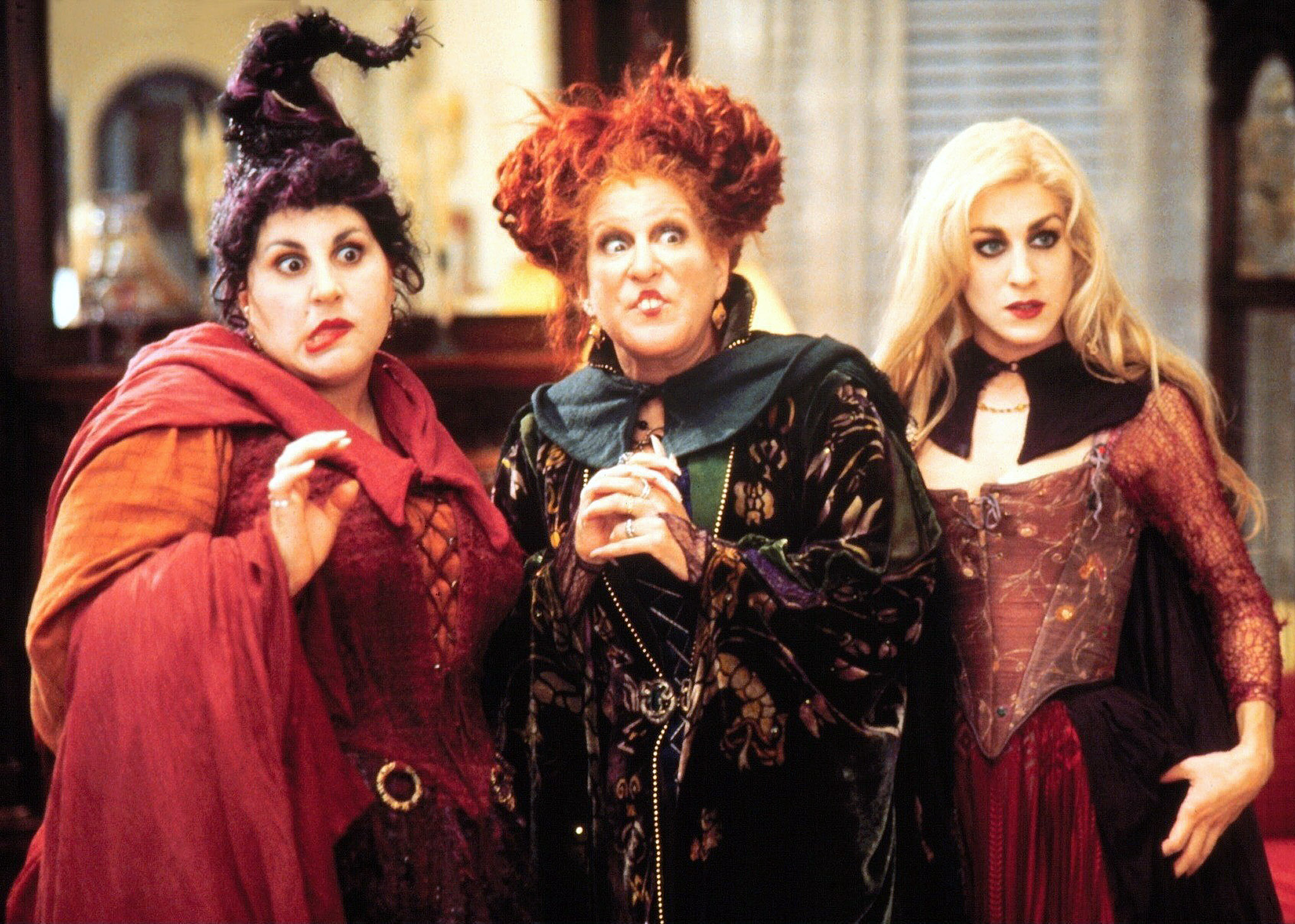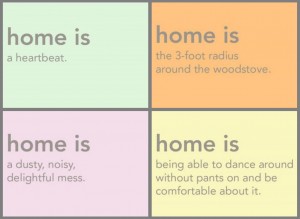 When I was nine, my mom past away from cancer. She had Hodgkins Disease, a type of cancer that was treatable and was considered one of the types that was more “curable”. However, for the first three years (out of the six she was sick) she was misdiagnosed and treated for Leukemia. This, obviously, had devastating consequences because this did not aid her recovery, it actually hindered it and she ended up passing away.
When I was nine, my mom past away from cancer. She had Hodgkins Disease, a type of cancer that was treatable and was considered one of the types that was more “curable”. However, for the first three years (out of the six she was sick) she was misdiagnosed and treated for Leukemia. This, obviously, had devastating consequences because this did not aid her recovery, it actually hindered it and she ended up passing away.
I think that death is really interesting, it doesn’t scare me, really, it doesn’t. Maybe that’s because I was exposed to it so early on in my life that it’s always been something I’ve had to face in some way or another. I think that the only thing I am scared of, in terms of death, is leaving behind the people I love. I am sure that that is how my mom felt as well.
My dad is really awesome. He raised three kids on his own. At the time of her passing my sister was 13, I was 9, and my brother was 5. That’s a hell of a lot to handle. He is the most supportive, dependable, and comforting man that I know and was so patient with all of his kids through the years of our growth.
I remember that when my mom left, my grandma (my dad’s mother who I call Nana), was around a lot. Nana helped out around the house a lot. She was a teacher at the time, taught grade 6, and everyday after class she would come over after school (at least a 40 minute drive) to help cook, clean, and put us to bed. For a long time it really bugged me. You know, I was a preteen kid who just wanted some time to hang out with friends and not be bothered by Nana coming over and bossing us around. I was so naive! It was years later that I realized how supportive, kind, caring and giving she was. That was an extremely difficult time for all of us, but most of all my dad, and she was there to help pick up the pieces day after day. She is such a strong woman!
When I initially read the assignment for tonight my mind brought me to this experience. After contemplating for a while about whether or not I wanted to share this extremely personal and emotional occurrence I decided that I could not truthfully share my beliefs and values about home without including this event. This event shaped my whole life, who I am as a person today. This blog post is also about release. I never usually talk about my mom and her death is a topic I avoid all together. However, when I read the assignment for tonight I knew that I didn’t want to hide from it (because that’s what I am used to doing). I really wanted to share what influenced the values that I associate with home.
Some of the most important values I hold today came from my mother’s passing. They emerged from all the love, support, reliability, comfort, and strength that I got from my family and friends. I also believe that closeness (not physically but emotionally and mentally) is a really important value when thinking of home. Although I don’t live in the same city as my family anymore, I still feel close to them when I’m away as well as when I’m back in Ottawa. These are the most important values I need to associate a place with home. And I am lucky enough to have found it in Vancouver, 5000 km away from my family.
Thanks for reading! I swear I didn’t want to make you sad, I just wanted to be more honest about my life and experiences and how I have come to value certain characteristics. I wanted you to understand where it came from because I really think it’s important to know about another person’s past.
The picture is of my mom, my dad took it in the early 90’s (date unknown). I like this one because she looks really happy in this moment.
Bibliography:
“Hodgkins Lymphoma.” Wikipedia. n.p. 3 February 2015.
“Leukemia.” Wikipedia. n.p. 3 February 2015.


